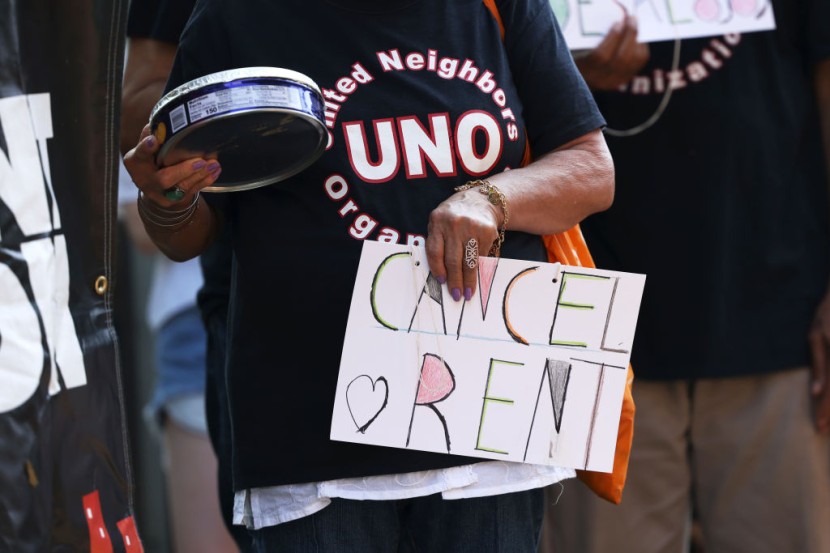
You might be eligible for a stimulus check worth up to $25,000 to help you pay your rent. When the coronavirus first hit the US economy, most analysts were afraid that unemployed homeowners would eventually fail in their houses.
They also predicted that millions of jobless renters will be forced to live on the streets in the United States. The pandemic in the United States has been going on for almost a year. The housing market in the United States appears to be on fire right now.
The main cause is the ultra-low interest rates on property mortgages. While most homeowners have gained in the value of their houses, renters have not been so fortunate. The majority of renters work in a variety of industries, most of which have been severely impacted by the pandemic.
Because the majority of renters work in areas such as retail and hospitality, their income has been inconsistent and insufficient to cover their rent. That is why the $25,000 stimulus check is needed. Millions of these renters haven't paid their rent in months.
The federal government has offered assistance in the shape of a $25,000 stimulus check. While the maximum amount a renter may get is $25,000, the amount you will get in the form of a stimulus check will be determined mostly by your residence's location, according to Digital Market News.
How to be eligible for rent relief
While property values have risen as a result of the COVID-19 outbreak, some renters have not benefited as well. The government eviction moratorium is set to expire on June 30, 2021, potentially leaving millions of more homeowners subject to eviction.
Nearly 14% of renters are late on their payments, according to the Center on Budget and Policy Priorities. Six million renters owe roughly $20 billion in rent payments, as per new research from the University of California, Berkeley.
Some Americans are expecting a fourth stimulus check to help them pay their expenses, but this is doubtful. The good news is that if you rent, you may be eligible for stimulus payments. Here's how to get rent assistance, as per Forbes:
- You are paying rent as a residential renter.
- You or someone in your household has qualified for unemployment benefits, lost income, incurred significant costs, or experienced financial hardship as a direct or indirect result of the pandemic.
- You or someone in your household can demonstrate a risk of homelessness or housing instability.
- Your household income is below 80% of the area standard income.
Renters left behind as moratorium eviction looms
According to data obtained by the Census Bureau between May 12 and 24 and evaluated by The Center on Budget and Policy Priorities, an estimated 14% of US renters owe their landlords past due rent. Besides, the CBPP found that more than a quarter of Americans are still having difficulty paying their basic living expenditures and that around 9% of them are unable to appropriately feed their families.
If renters who are still unpaid are unable to pay their landlords in full when the federal eviction moratorium expires, they may be evicted from their houses. However, some landlords have received payment from the $45 billion in rental assistance funds made available by the previous two stimulus packages. Those landlords are unable to remove renters, at least not immediately, The Motley Fool via MSN reported.
However, much of the rental aid money has yet to be distributed. Part of the issue is that the payments were provided to the states to distribute separately, and there have been several delays in getting the cash into the hands of landlords. While the funds are intended to assist delinquent renters, they are usually handed straight to landlords who are due money from renters.
Some lawmakers argue that the government eviction moratorium should be extended until the $45 billion rental assistance fund has been distributed in its totality. But that might take some time, and several landlords have already filed lawsuits against the eviction moratorium, claiming that it has left them in real trouble.
Many of the country's landlords are self-employed people who collect rent and have mortgages to pay. While major property management businesses may have the resources to let struggling tenants off the hook for months at a time, landlords with only one or two rental units can't afford to be as sympathetic when losing rent payments means losing their primary source of revenue.
Related Article: Court Says CDC's Eviction Moratorium To Continue; Several Advocates Call For Extension
@YouTube
© 2026 HNGN, All rights reserved. Do not reproduce without permission.








